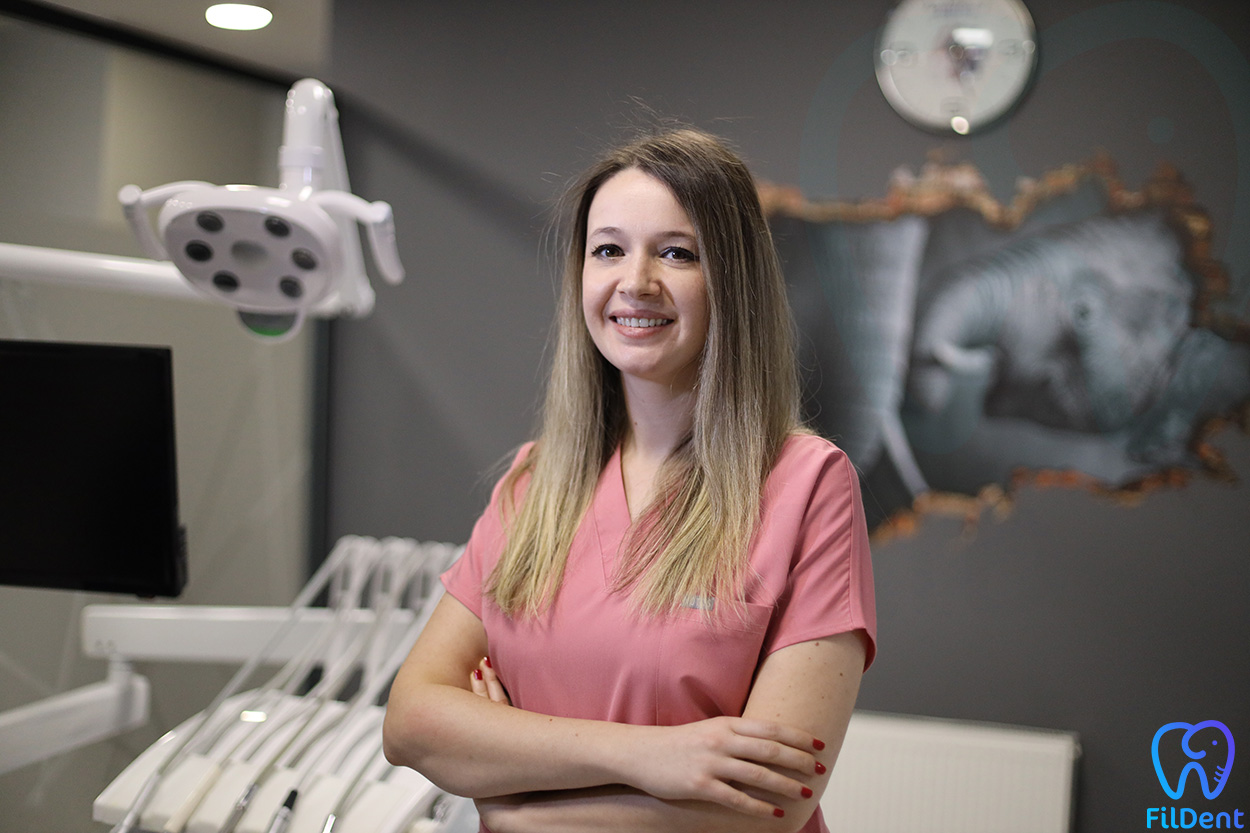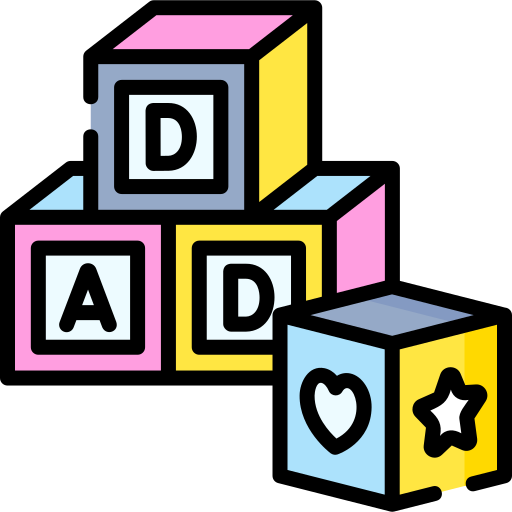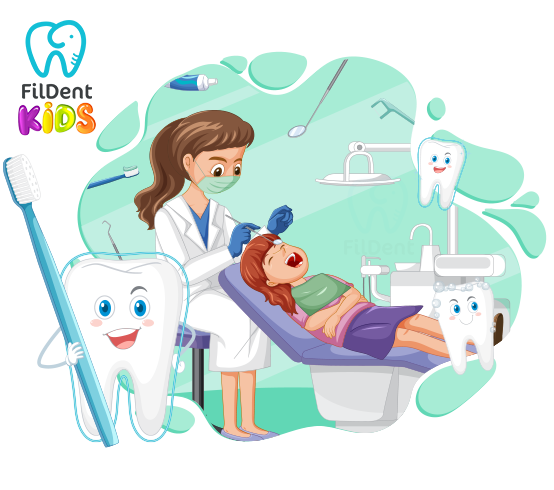Why pedodontics should be preferred in child dental treatment?
Pedodontics, namely pediatric dentistry, is the dentistry department where babies, children, and individuals requiring special care (disabled) go for dental and oral health. Pedodontics specialists undergo extra training. After the faculties they complete between 4 and 6 years, they are entitled to become a pedodontist.
Do not forget to make an appointment for Ankara Pediatric Dentistry.


Fun Dental Clinic

Sedation Method

Interesting Gifts
Fildent's specialised paediatric dentists;

Why Should Pedodontics be Preferred in Dental Treatment of Children?
So that children do not feel afraid of dentists, we said that pedodontists undergo special training, including the psychology of children, babies and individuals in need of special care. In this way, fears that may arise in the future disappear before they occur. Your child also acts consciously in his later years. Pedodontists aim to gain love and trust before teeth; otherwise, adverse events may occur during treatment. To prevent this and provide the best health service to your child, you should choose the pedodontics section.Since we have said what we need to know about pedodontics, let’s take a look at your child’s teething adventure to raise parents’ awareness.The first teething phase is a process that starts in the 6th month and can continue until the age of 2.5. Although very rare, babies born with teeth due to family genes do exist. Up to the age of 2.5, your baby’s teeth become visible and function healthily. The teething adventure comes in different intensities depending on your baby’s body. While some families spend many moments of this adventure in the hospital, some families spend a little pain. The signs that the little one is on the teething adventure are:
• Increased saliva (saliva) production.
• Pain and moodiness. If he is continuously crying and causing you difficulties, you can check your baby’s mouth to see if it is teething, and if you want definite expert help, you can apply to pediatricians.
• Visible swelling in the gums and redness resulting from strain is one of the teething phase symptoms.
• Reddening due to development in the cheek and chin area.
• Always wanting to bite something. Teeth cannot break through the gums. During this process, your baby will unwittingly help their teeth without stopping. The gums itch. If he is not biting an unhealthy object, let him continue to bite, and the process accelerates and causes the mini to relax.
• May does not sleep due to pain. Babies who have insomnia may have taken the first step on the teething adventure.
• Nutritional problems, anorexia. Almost 90% of babies who are teething will have no appetite.
• Ear pulling is also among the symptoms of the teething adventure.
• Cheek scratching is also one of its symptoms.
Although not proven medically, diarrhea, fever and skin rash are among the symptoms reported by mothers. If your baby has a temperature of 38C degrees and above and has diarrhea, do not neglect it because it is teething, so get medical help from a doctor immediately. If your baby is experiencing another discomfort with the teething phase, help diagnose it early.You have learned the teething symptoms, so if your baby is teething, what can you do as a parent, let’s take a look at them. To reduce your baby’s pain in the first place, slowly massaging the gums with a clean, cold cloth. Applying light pressure during the massage will both speed up the process and reduce your baby’s pain to some extent. Dental straps can be used. This product, which you can obtain from pharmacies, helps your baby’s teeth to scratch. There is an issue to be aware of; it should not contain plastic and paint. It can harm your baby’s health. Giving cold food will relieve the baby’s pain. And finally, the use of pain-relieving drugs after consulting physicians.If it does not pass despite these, you need to go to a pedodontist immediately.